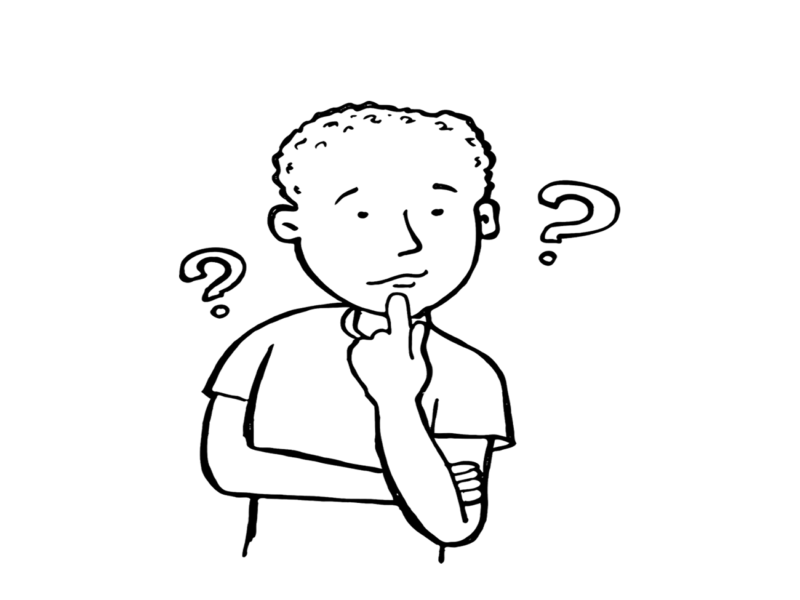Be it booking flight tickets, buying a car or finding a new apartment, we always come up against the same question: Should I strike while the iron’s hot, or wait until a better offer comes along? People often find it difficult to make decisions when options are presented not simultaneously but one after another. This becomes even more difficult when time is limited and an offer that you turn down now may no longer be available later.
“We have to make decisions like this countless times every day, from the small ones like looking for a parking space to the big ones like buying a house or even choosing a partner,” says Christiane Baumann, a doctoral candidate in the Department of Psychology of the University of Zurich. “However, until now, the way we behave in such situations has never been thoroughly examined.” Under the leadership of cognitive psychologist Bettina von Helversen (previously UZH, now University of Bremen) and in collaboration with Professor Sam Gershman (Harvard University), Baumann carried out numerous experiments to investigate this issue. Using the results, she then developed a simple mathematical model for the strategy that people use when they make decisions.
Is there an optimal process?
It is easy, using a computer, to find the best-possible process for making decisions of this type. “But the human brain is not capable of carrying out the complex calculations that are required, so humans use a rather simplified strategy,” says Baumann.
Baumann simulated purchasing situations with up to 200 participants in each test in order to find out what strategies people use. In one test, the participants were told to try to get a flight ticket as cheaply as possible – they were given 10 offers one after the other in which the price fluctuated; meanwhile the fictional departure date was getting nearer and nearer. In another test, people had to get the best possible deal on products such as groceries or kitchen appliances, with the fluctuating prices taken from an online shop.
Expectations driven down
The evaluation of the experiments confirmed that the test participants did not use the optimal, yet complex, strategy calculated by the computer. Instead, Baumann discovered that they use a “linear threshold model”: “The price that I am prepared to pay increases every day by the same amount. That is, the further along I am in the process, the higher the price I will accept,” explains Baumann.
This principle can be applied not only to purchasing decisions, but also situations such as choice of an employer or a life partner: “At the beginning perhaps my standards are high. But over time they may lower so that in the end I may settle for someone I would have rejected in the beginning.”
A model to stimulate the human strategy
Baumann analyzed the experimental data and developed a mathematical model that describes human behavior in various scenarios. “That helps us to better understand decision-making,” says Baumann. The model also allows us to predict the circumstances in which we tend to buy a product too early – or when we delay too long and then have to take whatever is left in the end.
Baumann thinks these findings could help people make difficult decisions in future: “In the current digital world the amount of information available for decision-making can be overwhelming. Our work provides a starting point for a better understanding of when people succeed or fail in such tasks. That could enable us to structure decision-making problems, for example in online shopping, in such a way that people are supported in navigating the flood of data.”
Related Journal Article: https://www.pnas.org/content/117/23/12750


No comments yet, be the first to leave one!